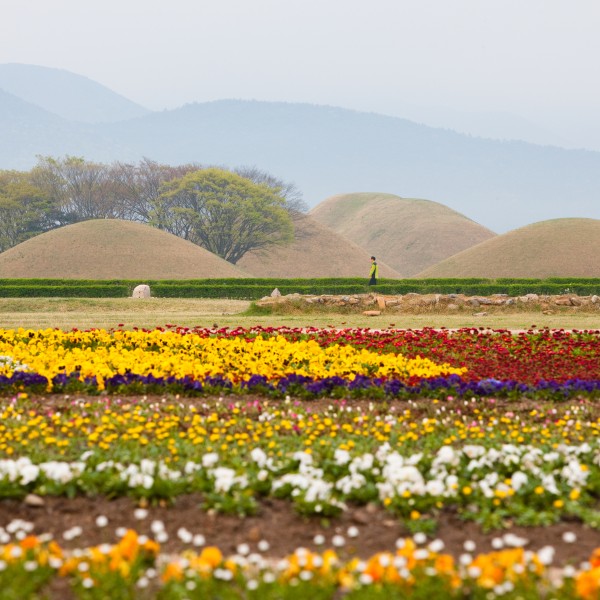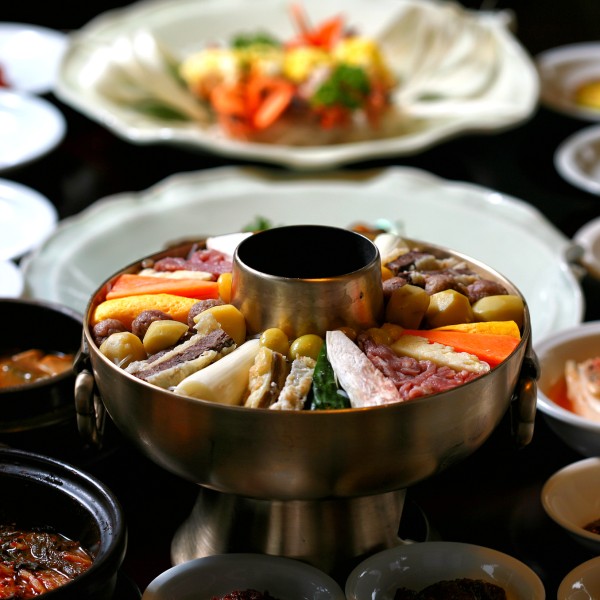South Korea offers a variety of immersive experiences that allow travelers to deeply connect with its distinctive blend of ancient traditions and modern culture. For those who enjoy traveling in Asia or are interested in Asian culture, South Korea is a must-visit destination. From staying overnight in a traditional Hanok village to participating in a tea ceremony, these immersive experiences offer the chance to engage with the country's culture in meaningful ways. In this article, we'll explore five must-try cultural activities that showcase daily Korean life and the country’s history.
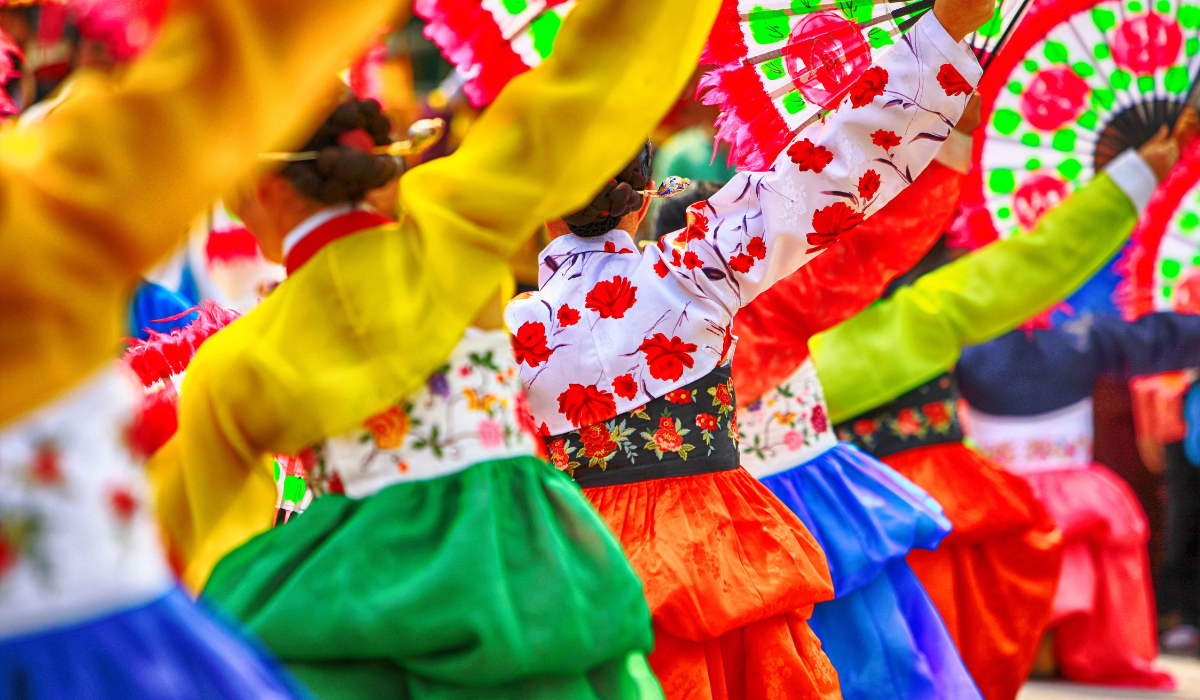
1. Stay Overnight in a Traditional Korean Home
Staying in a traditional Hanok village, such as Bukchon Hanok Village in Seoul or Jeonju Hanok Village in Jeonju, offers unique accommodations in traditional Korean houses. These villages are well preserved, allowing visitors to experience traditional architecture, local crafts, and authentic Korean cuisine. Many Hanok stays offer cultural programs like tea ceremonies, calligraphy classes, and traditional Korean music performances. The overnight stay promises a special way to experience Korea's history and culture and incorporates a slower pace of life.
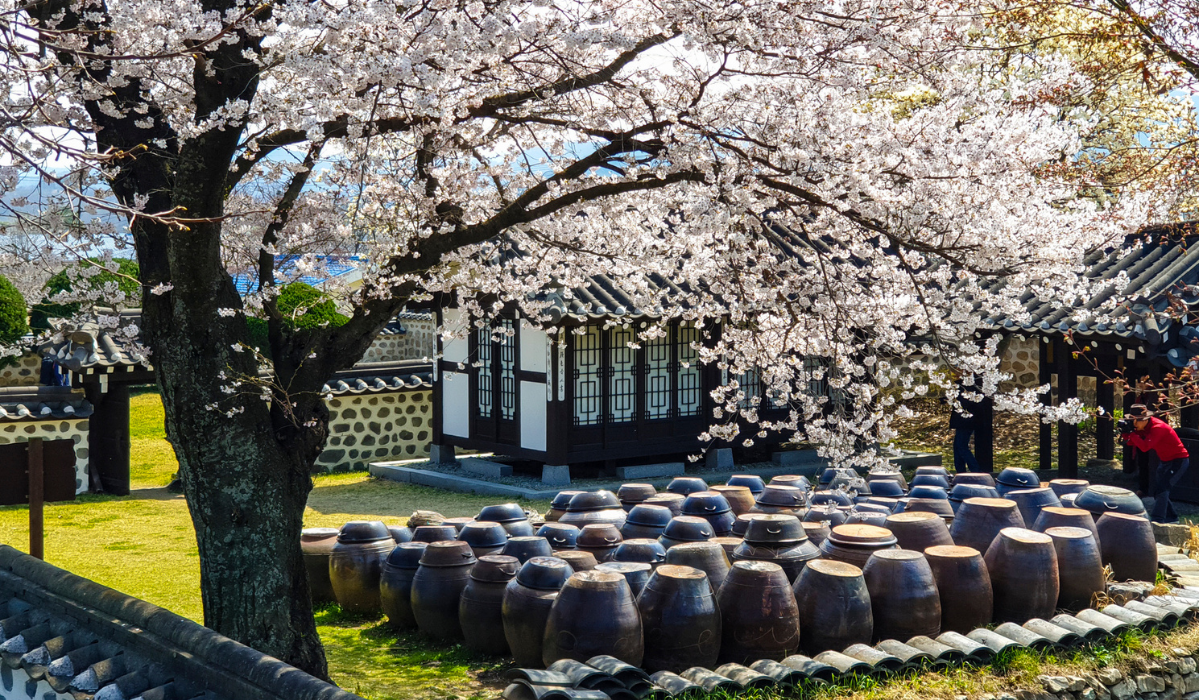
2. Participate in a Tea Ceremony
The Korean tea ceremony, known as darye, is a reflective practice that has been part of Korean culture for centuries. During a tea ceremony, guests sit on floor cushions in a traditionally decorated room while the host, dressed in Hanbok (traditional clothing), performs the meticulous process of tea preparation. The ceremonial pouring and savoring of the tea is often accompanied by music, creating a meditative atmosphere. While Hanok stays are a common place to experience a tea ceremony, tea ceremonies can be found in various locations and cultural centers throughout the country.
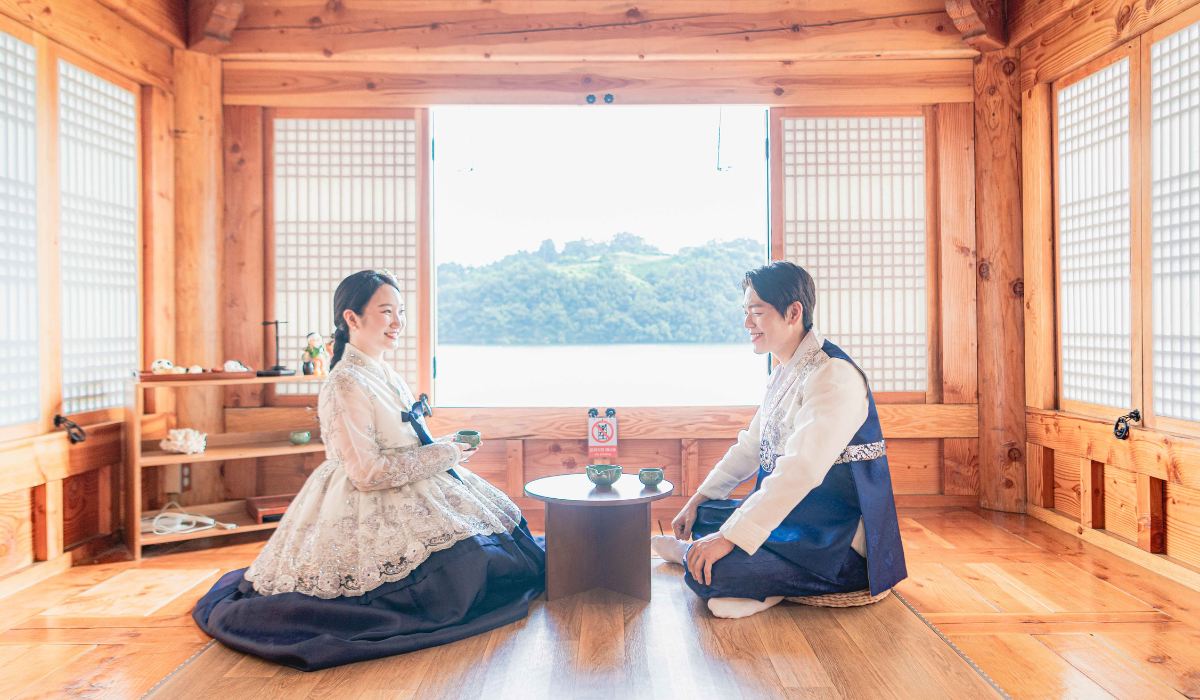
3. Try a Korean Craft Workshop
Participating in a traditional Korean craft workshop, such as pottery (onggi), hanji paper making, or bojagi (traditional wrapping cloth) crafting, offers travelers a hands-on experience with Korea's rich artisanal heritage. These workshops are often conducted by skilled artisans who provide instruction on the techniques and cultural significance of the craft. This experience not only provides a creative opportunity to take home personalized souvenirs but also deepens understanding and appreciation for Korean craftsmanship and traditions. Craft workshops can be found around throughout Korea, particularly in cultural hubs such as Seoul's Insadong, Jeonju Hanok Village, and Gyeongju. 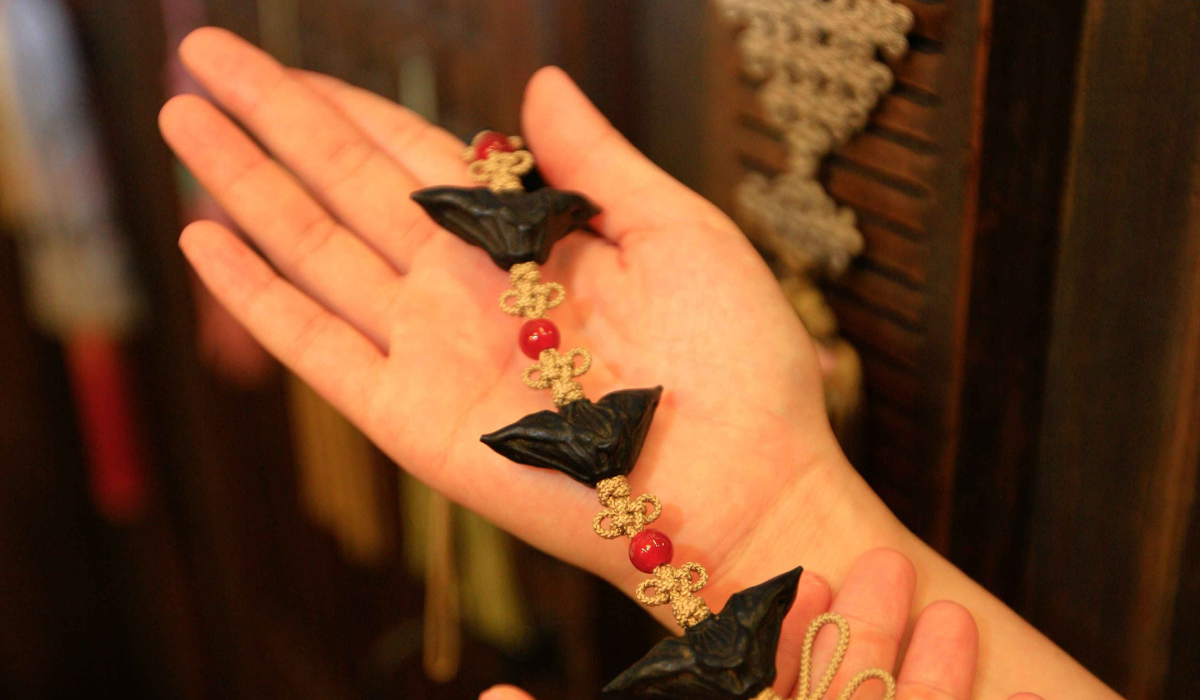
4. Stay at a Buddhist Temple
Spending a night or more in a Buddhist temple offers a profound experience of Korea’s spiritual heritage. Temple stays usually include participating in meditation sessions, tea ceremonies, communal meals, and early morning chanting. Additionally, many temples offer cultural programs such as lotus lantern making and Buddhist scripture copying, providing further insight into the daily lives and practices of monks. Buddhist temple stays can be found across Korea; for recommendations and booking options, see Temple Stays by Visit Korea.
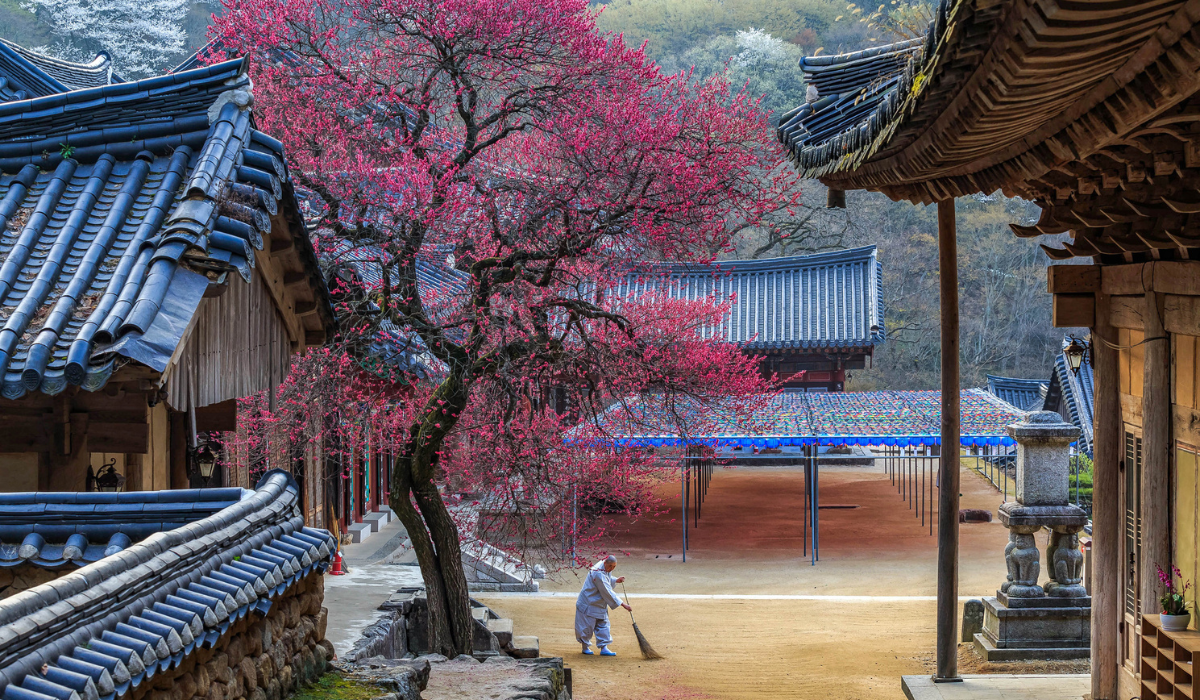
5. Dress in Traditional Clothing (Hanbok)
Renting and wearing a Hanbok (traditional Korean clothing) and exploring historic sites like Gyeongbokgung Palace or Changdeokgung Palace in Seoul is a popular cultural activity among travelers in Korea. Travelers can rent Hanbok at various locations around Seoul, especially near the main palaces, and some even include professional photoshoots. These shops often provide a wide range of Hanbok styles and sizes; some even offer additional services such as hairstyling and professional photoshoots.
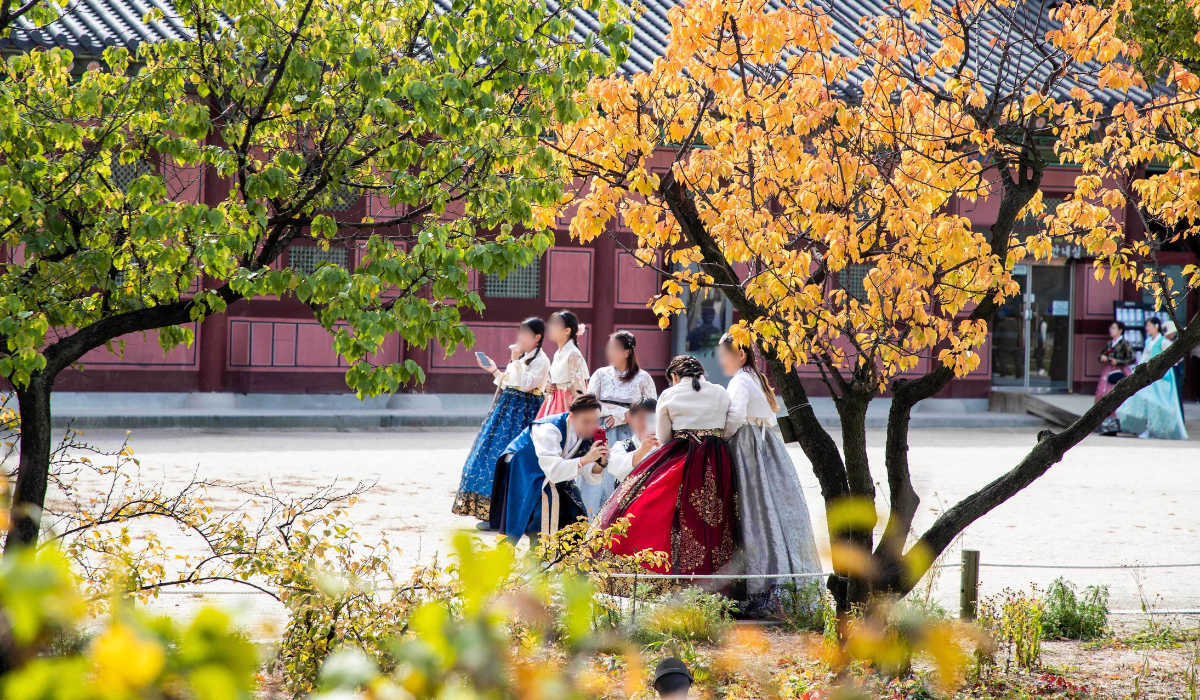
Whether you are a history buff, culture enthusiast, or simply looking for uncommon travel experiences, this list offers experiences that provide a more comprehensive understanding of South Korea's rich heritage and go beyond typical sightseeing. Consider adding one of these adventures to your travel itinerary for a memorable way to connect with Korean culture.
